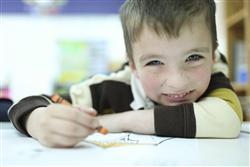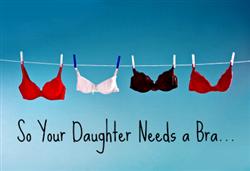Summer Reading Doesn’t Stop at Age Twelve
By Guest Blogger Rase McCray, Library Associate at High Point Public Library
On that last day of school each year, most teens are ready to “check out” for the summer—and plenty of them do exactly that. As a result, teachers feel as if some of their students are starting from scratch every fall.
Unfortunately, the teachers are right.
Studies show that many—but not all—students experience summer learning loss, also known as the “summer slide,” and the loss adds up year after year, creating an ever-widening proficiency gap among students. For example, by the time a struggling reader has reached high school, the summer slide can equal more than two full years’ worth of reading achievement. (Some scholars even suggest that as much as 80% of the achievement difference between high-income and low-income students is attributable to accumulated summer learning loss.)
But teens who overcome the summer slide all do one simple thing: they read for fun over the summer. In fact, reading just five books over the summer may be enough to prevent learning loss. Here are three suggestions to make teen summer reading more achievable.
Books, Books, and More Books
Put simply, keeping more books around results in more reading—yet too often when schools close their doors, kids’ opportunity to read is closed too. The solution is having more books at home, whether they be library books, YA novels you buy specifically for your teen, or even the books you yourself like to read. In fact, it’s just as important for teens as for younger kids for them to see their parents reading for fun. That kind of excitement about reading is infectious.
But while teen summer reading can be on any subject—be it vampire romance trilogies or the history of #BlackLivesMatter, Shakespeare plays or Wonder Woman graphic novels—teen reading should generally tend toward longer, more complicated texts. In other words, more books. (Caveat: or audiobooks—which is a good time to note that all summer long teens can download two free audiobooks each week through the SYNC program: http://audiobooksync.com/)
Make Reading a Success
Because teens who enjoy reading will read more (and therefore become better at it), we need to not make it a chore. Most obviously, this means letting kids choose to read whatever appeals to them—and an overwhelming 92% of kids say they are more likely to finish a book they picked out themselves.
But what about assigned summer reading? Although teachers make every effort to choose appealing books (and often offer options), no book in the world can appeal to every reader. In that case, one idea is for parents to read the same books (or at least take the whole family to see the movie adaptations) then talk about them: say what you loved and what you hated, modeling how to engage with a text while also showing that a book discussion doesn’t have to feel like school. Just don’t forget how important it is to truly listen to and affirm what your teen thinks about the book.
Your Local Library Is So Cool
Hands down the best way to defeat the summer slide is to enroll kids of all ages in the free summer reading programs offered by places like the High Point Public Library (*cough, cough* shameless plug for my employer—though nearly all public libraries offer similarly excellent programs).
In line with my first two suggestions, library summer reading programs encourage teens to read more by offering free access to thousands of books and a like-minded community to discuss them with. And with an offer most tempting, they also award prizes to teens who read a certain number of books.
Moreover, summer reading programs aren’t just about comfy chairs and flipping pages: libraries almost always offer a complementary jam-packed calendar of exciting events. But while summer reading events for children often have a literacy-and-educational slant—HPPL’s kids programs include storytellers, animal shows, book clubs, and traditional dancers from around the world—teen summer reading programs often entice reluctant readers into the reading program by focusing on skill-based workshops that wouldn’t generally be covered in school: my library’s offerings include teen craft nights, classes on Photoshop and digital art, an introduction to DJ’ing, budgeting 101, and the nitty gritty of applying for a first job. (We’ll also hone some critical thinking skills with our escape room!)
Though teens happen to have a lot of fun in these programs, it’s also good to know that they work: a survey of teachers found that students who participated in summer reading programs entered the following school year more confident and ready to learn, had improved reading achievement and enjoyment, and were more motivated to read than their peers who didn’t take part in such a program, even reading beyond what was required.
In all, teen summer reading programs are one of the most effective ways to encourage a life of learning and achievement. And best of all, your local library’s summer reading program is, almost without fail, absolutely free.
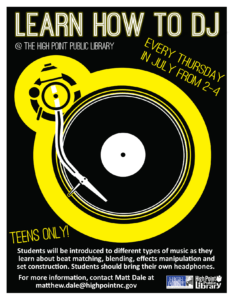 Check out all of the activities offered at Triad libraries here:
Check out all of the activities offered at Triad libraries here:
Alamance County
Davidson County
Davie County
Forsyth County
Greensboro
High Point
Northwestern (Stokes, Alleghany, Surry and Yadkin)
Randolph County
Photos from more fun activities at the High Point Public Library:
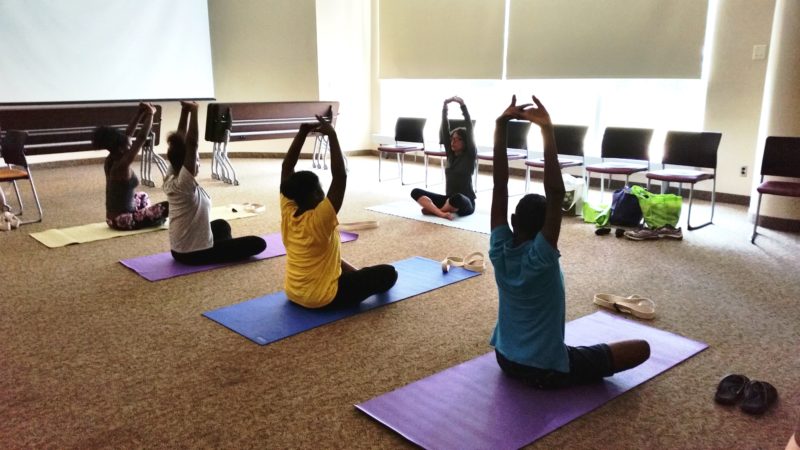
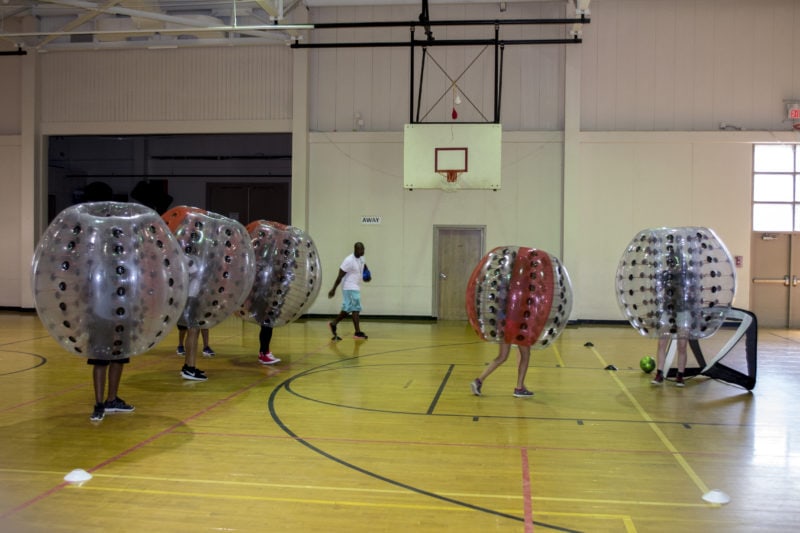

![[Clothes Hanging Storage Organizer] - Our hanging closet organizer comes with 2 sets of weekly labels in different colors, so you can choose according to your preference. There are 6 shelves of open storage space for easy access to clothes. Specially...](https://m.media-amazon.com/images/I/41Bjs3vGEcL._SL160_.jpg)





























